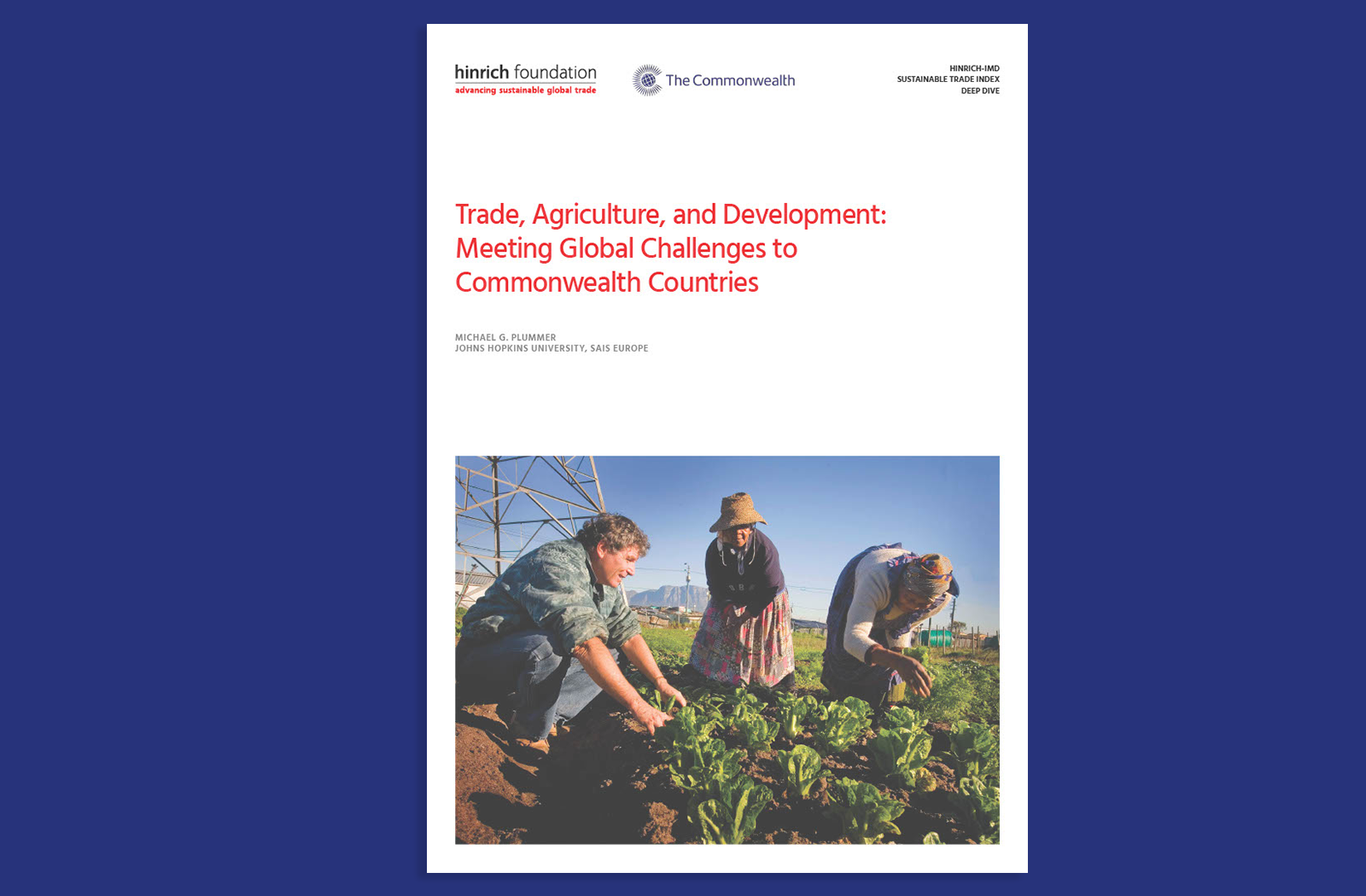
Raising agricultural productivity, promoting easy access to nutritious food, and facilitating trade in agricultural commodities in a sustainable way are essential to advancing global living standards and well-being. This point is sometimes missed in developed countries, where spending on food tends to account for only about a tenth of household expenditures and plentiful supplies are taken for granted. But it is painfully obvious in low-income economies, where pursuing food security can be a constant struggle. Moreover, addressing agricultural challenges needs to be a worldwide priority, as they are at the core of contemporary systemic problems: poverty, insecurity, inequality, climate change, even geopolitical conflict. Global problems require global solutions; economic cooperation, particularly in agriculture, needs to be at the top of the global policy agenda.
The rest of the paper is organised as follows. Section II begins with an overview of trends in Commonwealth agricultural trade at the regional and subregional levels and considers key challenges facing development in member states, including issues related to poverty, food security, and climate change. Section III focuses on the potential of trade policy to reduce poverty, improve food security, and promote economic development, followed in Section IV by analysis of why and how agricultural trade has been inhibited by various policy instruments. Section V surveys empirical estimates of the potential benefits of agricultural trade liberalisation based on the subject’s extant literature, including quantitative work on the implications of emerging mega-regional agreements, as well as adding some fresh insights via new estimates of the potential benefits of agricultural trade liberalisation at the product level for Commonwealth countries.
This report is a companion document to the Commonwealth Trade Review 2024



